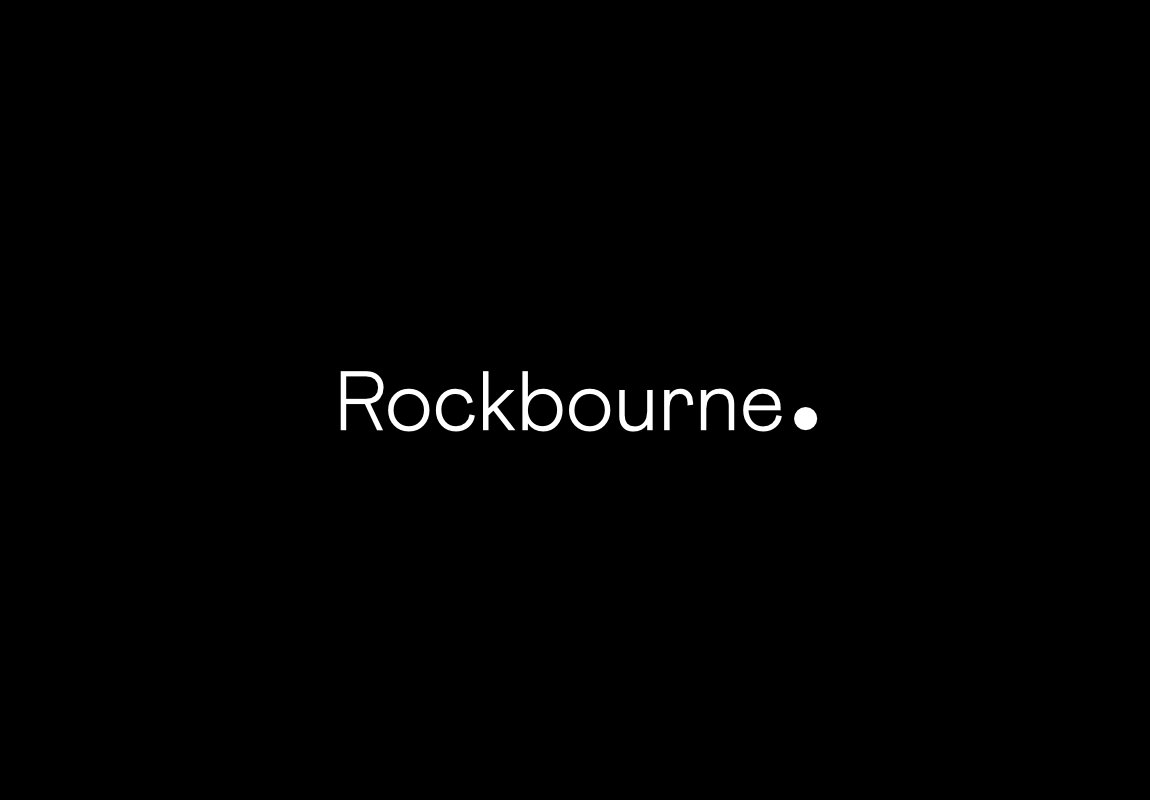
As part of working in the Real Estate Development and Project Management space over the last 5-6 years I am often asked for advice around career options, progression routes and the pros and cons of taking different paths at different stages of ones career.
I do try to point out that no size fits all and that there are many pros to each of the 3 main routes – Consultancy, Development Management and “client-side” and make sure before prescribing advice I fully diagnose and understand the motivators (both short and long-term) of the individual.
If you are someone who is looking to take their career in a different direction or looking at their options before committing then I hope the summary below gives you some food for thought and helps make the right decision.
CLIENT-SIDE (DEVELOPER)
Let’s kick off with what many believe to be the holy grail of the industry, top of the food chain and the place that many aspire to be. Whilst the majority of our clients fall into this category and I do believe it’s a great place to be, it is also certainly not for everyone.
Pros
More likely to have exposure to both the “Front-end” stages of a project and have an influence in the quality and design of the product.
More likely to have access to the financial elements and the business plan, a better understanding of the why behind the project itself Developer makes the decision to develop and therefore the pipeline is driven more directly by these decisions.
If the developer has a real focus on a particular asset type then you can become a real expert in this area and increase your value in the market, each project gives you lessons learned for the next and you can build your gut feel on the next appraisal.
Also with the individuals you work with you will most likely build stronger relationships as you work hand in glove day to day, if you get on with them and they are invested in your career then great, you can pour rocket fuel on your development. If that doesn’t apply then you have limited options but to explore an external move.
Considerations
Less defined career progress – Developers (apart from perhaps the Developer Contractors e.g. Lendlease, Ballymore) tend to run lean teams and rely heavily on an external team, this can lead to a lack of a clear step up and often needing someone to leave (or retire!) for the seat above to become available. This doesn’t mean that you can’t get rewarded with incremental pay increases and bonuses but just something to bear in mind.
In reverse of the above mentioned Pro, if the company has a heavy focus on one or two asset classes then you may miss or lack variety of schemes.
Volatility – Although we haven’t seen a great deal of this up until the end of 22/early 23, if a developers funding is withdrawn or the LP decides to go in a different direction then your role can be directly linked to that risk, it’s certain a higher risk, higher reward game.
Appraising not doing – If the developer you work for isn’t “active” then your role could be lots of appraisals and reviewing land rather than progressing schemes.
PRIVATE EQUITY / LP / INVESTOR SIDE
One of the main trends in the market for DM and PM talent in the last couple of years has been the rise of Investors hiring an in house skill-set to oversee their development investments and operating partners so I wanted to make sure I give a nod to this.
Pros
Private Equity tends to have much more of a bonus culture, some of these positions both pay well and also reward higher than the market in terms of bonus (in some cases 50-100% of salary.
PE and LP firms tend to be full of smart minds, Investment professionals, Asset Managers, Analysts, Finance who in the right setting can all add to your skillset and give you a much better understanding of the fundamentals of a real estate “deal”.
Considerations
Hours – Much as post Covid the market has softened a little in this regard and flexibility is more common place, these businesses do tend to still be at the more demanding end of the spectrum (it goes with the above bonus!), not to say that working hard is a bad thing and arguably nothing in life comes for free but just make sure you are aware of what you are signing up for in this regard and that it fits with your other life commitments.
Hands-off – Being lucky to know several individuals in these positions and having asked the question around the main differences, the main comment being that the role is more strategic oversight than driving a project forward in the same way as working for a traditional developer / OP. Some love the more hands-off reporting/monitoring of a number of schemes and others really miss the more detailed development exposure.
CONSULTANCY
Project Management and Development Consultancy make up a large proportion of the sectors talent, where developers and investors often run lean teams some of the larger firms in the advisory space can have 100s of PMs across different sectors.
Pros
Career Progression – There is often a more defined career plan and an internal drive to get people promoted from Manager to Senior to Associate Director to Director (titles can vary a little depending on the business and their exact set up e.g. Ltd vs LLP).
Learning & Development – If you are looking to undertake your RICs accreditation or APM then arguably a consultancy is more likely to support this, more likely to have assessors and mentors in house and it makes more commercial sense in their world as they can use it as part of the bid process to win work and prove your competence to a client.
Variety – Advisory firms serve multiple clients simultaneously and often you will be working on a number of schemes and different RIBA stages. Many of the firms in this space also focus on a variety of sectors so that if one client isn’t a fit then there is a higher chance of lateral movement and the chance to “freshen things up.
International opportunities – Some of the larger companies have offices globally and will encourage relocation in order to keep the talent “in house”, if you are looking to spend some of your career in the US, Middle East or APAC for example then many of the bigger firms have a route for this (VISA dependant of course)
Considerations
Less Control – Project Managers in consultancy are often engaged between Riba stages 3-5, if you are brought in on an assignment at the latter stages of this then you tend to have less control over the project outcomes and are more managing the administration of the contract & programme.
Recommending not deciding – Again this one is either a Pro or a Con depending on your mindset, some thrive as an advisor and giving best practice advice, some love to make the ultimate decision and can live with the pressure and accountability that comes with it.
DEVELOPMENT MANAGEMENT
Pros
Variety of projects, asset classes and project scale/complexity – every day is both different and a school day.
Networking – You tend to have more of an emphasis on networking in these roles, this gives you a chance to meet potential partners and spend time learning from others outside of your own business. You can also potentially be rewarded for any new relationships established.
Hybrid role – For those that enjoy the variety that Consultancy brings in terms of your workload and project but also want to stay involved in the decision making process then this can be a real “best of both worlds” scenario. Most DM firms act as the clients rep for Institutions, Family offices or companies that either don’t have a development function or have limited capacity.
Considerations
Reporting – Some roles in Consultancy and Development Management can be quite reporting heavy, something you should certainly decide on whether you enjoy but also investigate how intensive this is in a company that you are talking to.
Transparency – again in both Consultancy and as a DM advisor you can sometimes be of the mercy of a client changing their minds or not being totally honest, again this is much rarer when there is an established partnership but something to investigate.
Whilst in a Developer/Investor you may have more information and foresight you are still at the mercy of markets and decisions made by Funders/LPs than can change the direction of your schemes.
Networking – Listing this under both Pros and Cons, if you can’t convince someone to give you the work in the first place then you probably won’t be very busy, if you can then you are the master of your own destiny!



